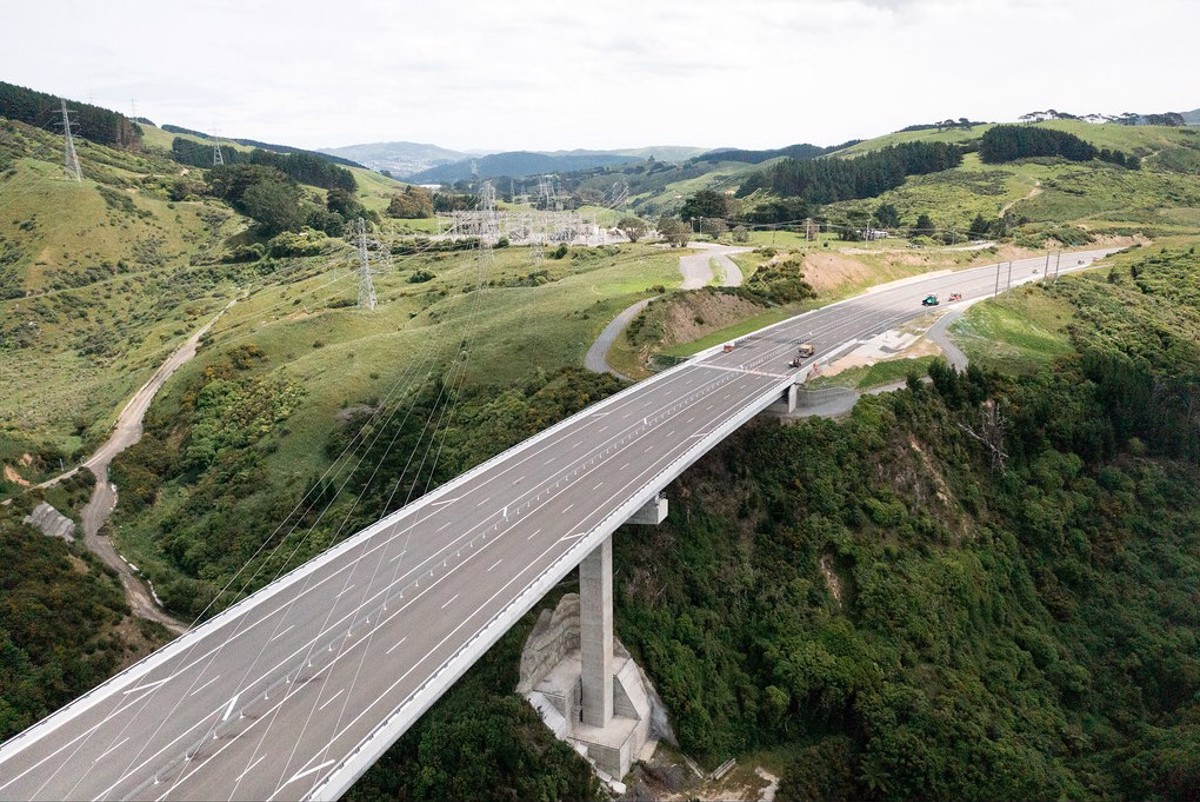Fast-track Approvals Bill poses significant risks to the environment
The Commissioner has made a submission on the Fast-track Approvals Bill. The introduction to his submission can be read below. The full submission is here.
There is widespread frustration with the time it takes to get major projects underway. The Government has expressed a determination to ‘get stuff done’ and ‘do things differently’. Faced with the scale of our national infrastructure deficit and the looming pressures that climate change will place on the inadequate stock we already have, there is no question about the need to improve the cost and speed of consenting.
Many features of the current Bill can find a precedent in previous legislative forays. A table attached to this submission summarises some of the similarities and differences (see Annex 1). What is new is their application in settings where the need for speed in the face of an emergency is absent, and the almost unlimited range of projects that can qualify for special treatment.
If the Bill were confined to infrastructure, it could, with amendment, be useful. Infrastructure such as roading, transmission and energy generation, provides long run public benefits. While the specifics of sites will differ, the built assets and their attendant risks are well understood. It should be possible in many cases to expedite them. The Infrastructure Commission has done a lot of work on this – the Committee should hear from it.
But the addition of ‘development projects’ introduces the possibility of many one-off, private developments that involve significant environmental harm being accorded the same treatment. Unlike much infrastructure, the risks and trade-offs will not be well understood, and the benefits are largely private in nature. The problem analysis used to justify the Bill does not support the range of projects that would be eligible.
Getting stuff done and doing things differently should not mean discarding the need for high quality information and a clear understanding of the costs as well as the benefits of proposed activities. The Bill does nothing to improve the parlous state of environmental information that afflicts resource management processes and imposes so much cost. On the contrary, its solution appears to be to limit the opportunities for environmental scrutiny.
As Parliamentary Commissioner for the Environment, I am charged with providing Parliament with advice on the system of agencies and processes established by the Government to manage the allocation, use, and preservation of natural and physical resources. The Committee will be aware that I was less than convinced that the last big, attempted reform that led to the Natural and Built Environments Act 2023 would do things differently in an environmentally responsible way. Neither will this Bill.
I suggest, at the end of my submission, two crucial elements of any reform that must be progressed if we are to do things differently and do them better. They cannot be done overnight. But the problems we face with consenting did not arise overnight. They need serious sustained attention so that we can build a stable legislative basis for dealing with public resources and private externalities.
That is for the future. In the meantime, the Committee must address this Bill.
I consider that it poses significant risks to the environment for the following reasons:
- The environment does not appear in the purpose clause (unlike its predecessor the COVID-19 Recovery (Fast-track Consenting) Act 2020) so environmental impacts will carry less weight than claimed developmental benefits;
- The Minister for the Environment is excluded from being either a decision maker or being consulted as part of the processes;
- The time needed to verify and test the accuracy and completeness of environmental information is limited and there is no requirement to record gaps in information or uncertainty alongside the claimed benefits of projects;
- Ministers subject to political lobbying are empowered to allocate public resources with potentially harmful environmental and health consequences;
- Currently prohibited activities and projects that have already been declined on environmental grounds are potentially eligible for fast-tracking;
- Excluding those who wish to raise environmental concerns that are wider than those of immediate landowners means that most environmental questions will not be asked.
The Bill lacks many of the environmental safeguards its predecessor legislation contained. Even the much-maligned National Development Act 1979 had more environmental checks and balances.
The Bill will achieve sub-optimal outcomes through poor decision making, poor allocation of resources, a lack of legislative durability, and increased litigation risk. These arise because:
- The Bill inevitably creates extensive possibilities for judicial review of the Ministers’ decisions.
- Truncating the provision of information and constraining the ability to test the robustness of that information will lead to Ministers making decisions based on inadequate information and without full knowledge of the facts.
- By all but excluding public participation and handing final decision-making authority to Ministers, the Act will politicise the decision-making process.
- Projects risk being approved with unidentified or undisclosed impacts that impose costs on both society and the environment and end up undermining public confidence.
- Fast-tracking many projects without prioritisation risks stoking inflationary pressures as they compete for the same labour, services and inputs.
- Ministers are cast in the role of picking winners and creating losers through their power to open the gates to fast-tracking and then take final decisions.
If the Bill is to proceed, the following changes should be made:
- Remove the role of Ministers as final decision-makers.
- Limit eligible projects to those that provide significant public benefits.
- Elevate environmental considerations, including into the purpose clause, and restore the role of the Minister for the Environment.
- Exclude previously declined or prohibited activities from the fast-track process.
- Lengthen the proposed timelines for the consenting process.
- If they remain decision makers, require Ministers to explain any deviation from a panel’s recommendations.
- Require decision makers to make an explicit statement about the level of uncertainty that applies to any information relevant to environmental risk, and to undertake rigorous cost/benefit analysis of all referred projects.
- Expand the range of parties who are entitled to have their views listened to by the panels.
Read the Commissioner's full submission here.


